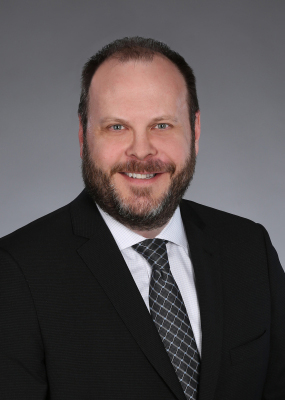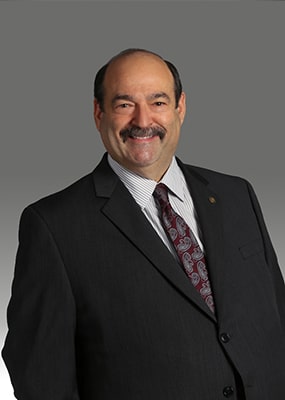

Homeowners’ and condominium associations play a crucial role in maintaining the harmony and value of residential communities. A common question that arises is whether these associations can adopt amendments that change the leasing rights of owners within the community. Let’s delve into the specifics according to Florida law. Homeowners’ Associations and Leasing Amendments Chapter 720 of the Florida Statutes is called the Florida Homeowners’ Association Act. This law was amended in 2021 to address amendments that regulate the leasing of “parcels” within a homeowners’ association. Typically, the parcel is the home and the land the home sits on, and usually other improved or unimproved portions of lots. A new Section 720.306(1)(h) was added, which says that any amendment to the homeowners’ association’s governing documents, adopted after July 1, 2021, that prohibits or regulates rental agreements, only applies to a parcel owner that acquires title to their parcel after the effective date of the amendment, or to a parcel owner who consents to the amendment. However, this restriction does not apply to amendments which regulate or prohibit rental agreements for terms of 6 months or less. Further, amendments that prohibit the rental of parcels for more than 3 times in a calendar year also apply to all parcel owners. Homeowners’ associations continue to have the ability to adopt amendments that regulate or prohibit leases of 6 months or less, and still have the ability to adopt amendments which prohibit leasing more than 3 times in a calendar year. Condominium Associations and Leasing Amendments For condominiums, Section 718.110(13) of the Florida Condominium Act states that any amendment which prohibits a unit owner from leasing their unit, alters the duration of the rental term, or limits the number of times an owner may rent their unit during a specified period, only applies to those owners who take title after the effective date of the amendment, or those owners who consent to the amendment. There is no 6-month/3 times per year exception in the Condominium Act. Florida Senate Bill 280 During the 2024 Florida legislative session, CS/SB 280 was passed by the Florida Legislature. This...











